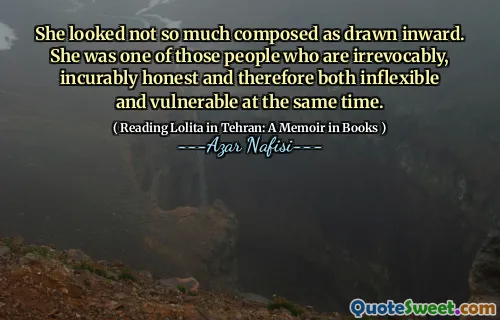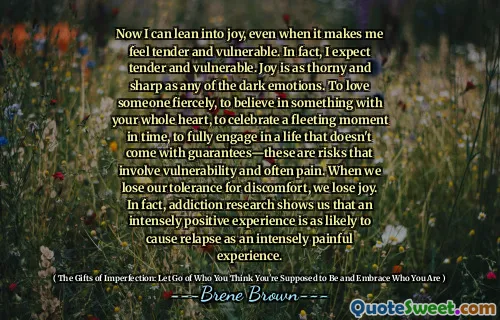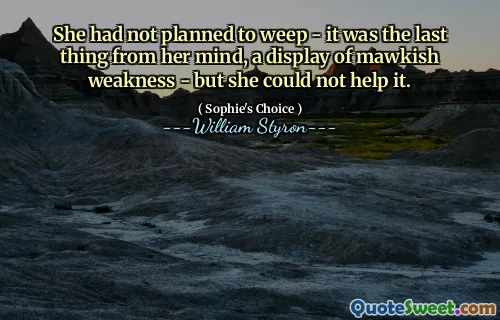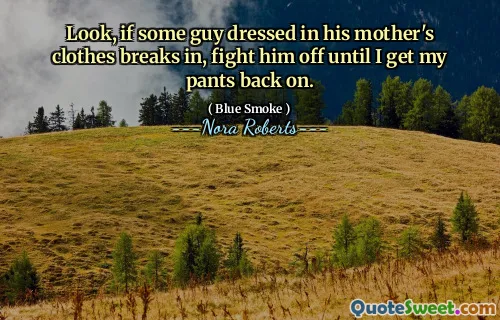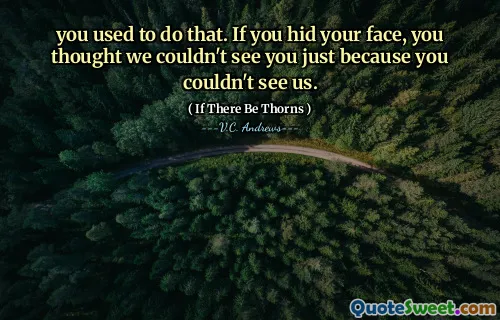
Moses loved his relatives quite openly and even helplessly . . . It was childish of him; he knew that. He could only sigh at himself, that he should be so undeveloped on that significant side of his nature.
This quote reveals a profound acknowledgment of human vulnerability and the complexity of our emotional capacities. Moses, a figure often associated with leadership, strength, and moral authority, is depicted here in a moment of raw honesty, recognizing his deep-seated affection and helplessness in the face of familial love. The admission of childhood-like imperfection highlights a universal truth: even those who appear strong or composed harbor innocent, vulnerable feelings that they may consider signs of immaturity. The internal conflict Moses experiences—knowing his love is genuine yet perceiving it as a childish flaw—mirrors the human struggle to reconcile our innate emotional expressions with societal expectations of maturity and control. Such introspection invites us to reflect on our own relationships and the ways we perceive emotional openness. Often, society or personal inhibitions discourage us from displaying our true feelings, leading to a dissonance between desire and restraint. Recognizing this disconnect can foster greater self-awareness and acceptance, reminding us that vulnerability is not a sign of weakness but an essential aspect of authentic human experience. The quote also underscores that emotional development is ongoing; acknowledging one's shortcomings is a significant step toward growth. Throughout Herzog, Saul Bellow offers a deep exploration of human frailty, societal pressures, and the pursuit of genuine self-understanding, beautifully encapsulated in this moment of honest self-reflection.
